The Best and Worst Places in the U.S. to Be LGBTQ

For LGBTQIA+ people, picking a place to live isn’t just about low tax rates and great schools. Those whose sexual orientation and gender identity differ from the majority are looking for a place where they feel safe and supported—where there are laws to protect them and where there are resources for them in times of need. That’s why the Human Rights Campaign (HRC), an LGBTQIA+ advocacy group, publishes an annual Municipality Equality Index, which rates how safe and inclusive each city in the United States is for LGBTQIA+ people.
For their research, the HRC looks at each locale’s non-discrimination laws, availability of resources for the queer community, whether or not they work in coordination with the Human Rights Campaign, and many other detailed criteria. Then each city is given a score on a scale of 0 to 100 (0 being the least safe and inclusive, and 100 being the most). Using these ratings, we rounded up the best and worst cities for LGBTQIA+ people (arranged here in alphabetical order). Note: The HRC offered bonus points for a variety of factors; we chose to use each city’s score before the bonus points were awarded.
Best: Ann Arbor, Michigan
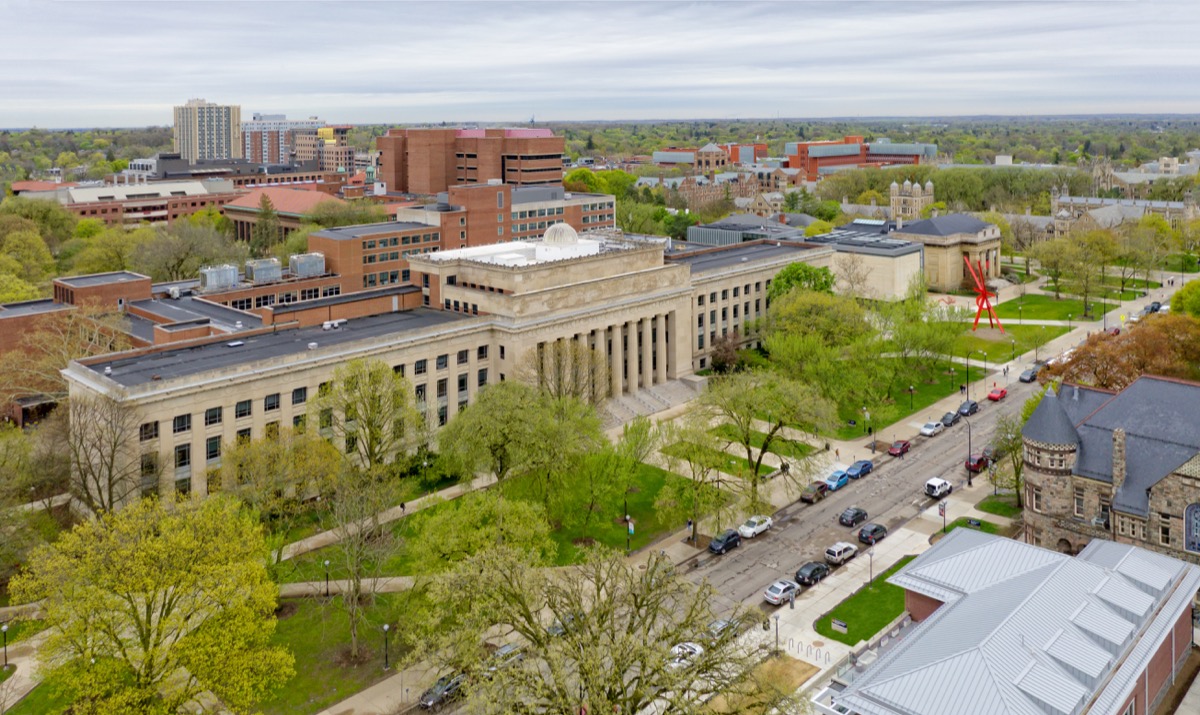
Municipal Equality Index Score: 100
Ann Arbor has a long history of supporting its LGBTQIA+ community. In 1974, the city became the first in the country to elect an openly gay politician: Kathy Kozachenko, who served on its city council for two years. And in 1978, it became the first city in the state to pass an ordinance protecting people from discrimination on the basis of sexual orientation, according to Freedom For All Americans (FFAA).
Today, one of the centerpieces of its LGBTQIA+ community is the Jim Toy Community Center, which serves LGBTQIA+ people in Ann Arbor and the surrounding area.
Best: Atlanta, Georgia
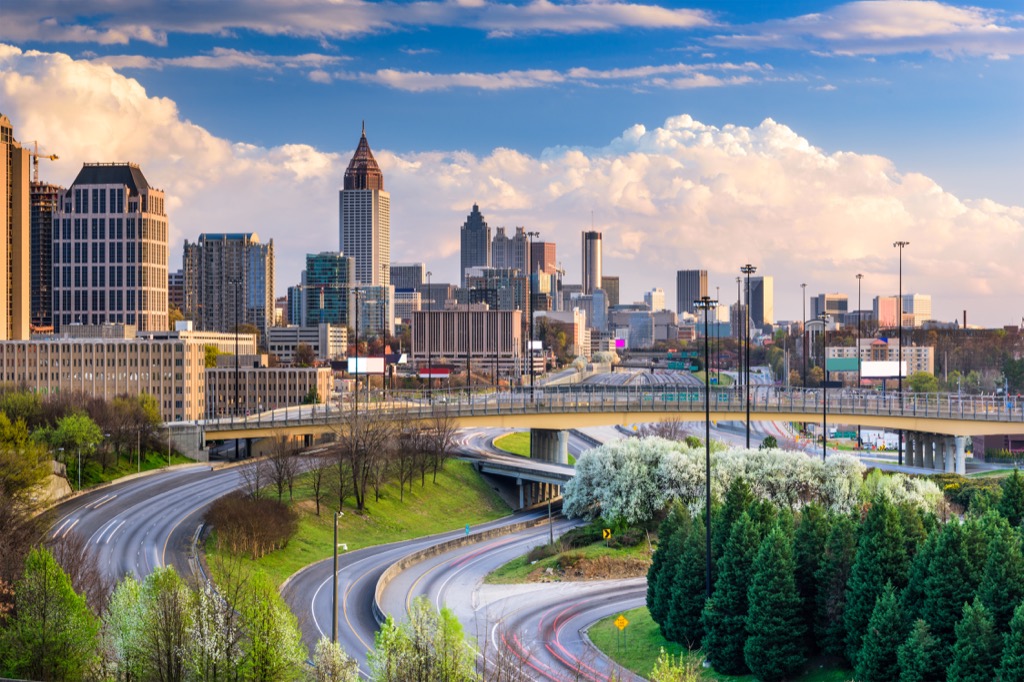
Municipal Equality Index Score: 100
Nestled in the heart of the traditionally conservative South, Atlanta has become a safe space for members of the LGBTQIA+ community. In 2000, the city passed a local ordinance that banned discrimination on the basis of sexual orientation; in 2013, it updated that law to provide the same protections for people of all gender identities, according to FFAA. Those types of laws only exist in five municipalities in Georgia, FFAA reports.
As far as advocacy and development go, the Atlanta Gay and Lesbian Chamber of Commerce works with local government and city officials to ensure that LGBTQIA+ people have as many opportunities as possible. Atlanta boasts a range of LGBTQIA+ nightlife options and events, and in 2017, The Advocate even ranked it as the sixth queerest city in America.
Best: Bloomington, Indiana
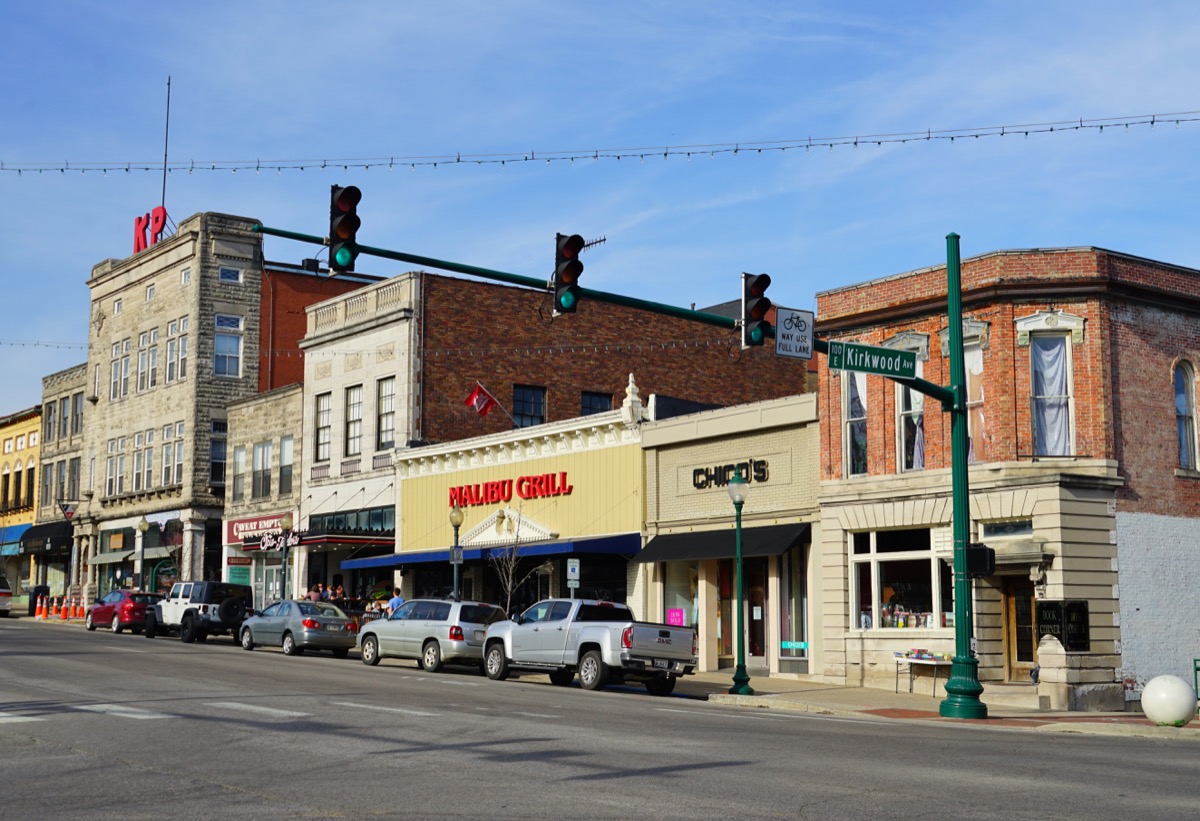
Municipal Equality Index Score: 100
Bloomington is a liberal-leaning Midwestern town of around 80,000 residents. Since 1993, the city has had comprehensive legislation in place that protects its LGBTQIA+ citizens from discrimination based on their sexual orientation and gender identity, according to FFAA. Additionally, Bloomington offers an impressive array of events for the LGBTQIA+ community, including multiple pride festivals each year.
It’s also home to the Kinsey Institute for Research in Sex, Gender, & Reproduction at Indiana University, which was started by Alfred Kinsey, a pioneer of research on sex and gender.
Best: Cambridge, Massachusetts
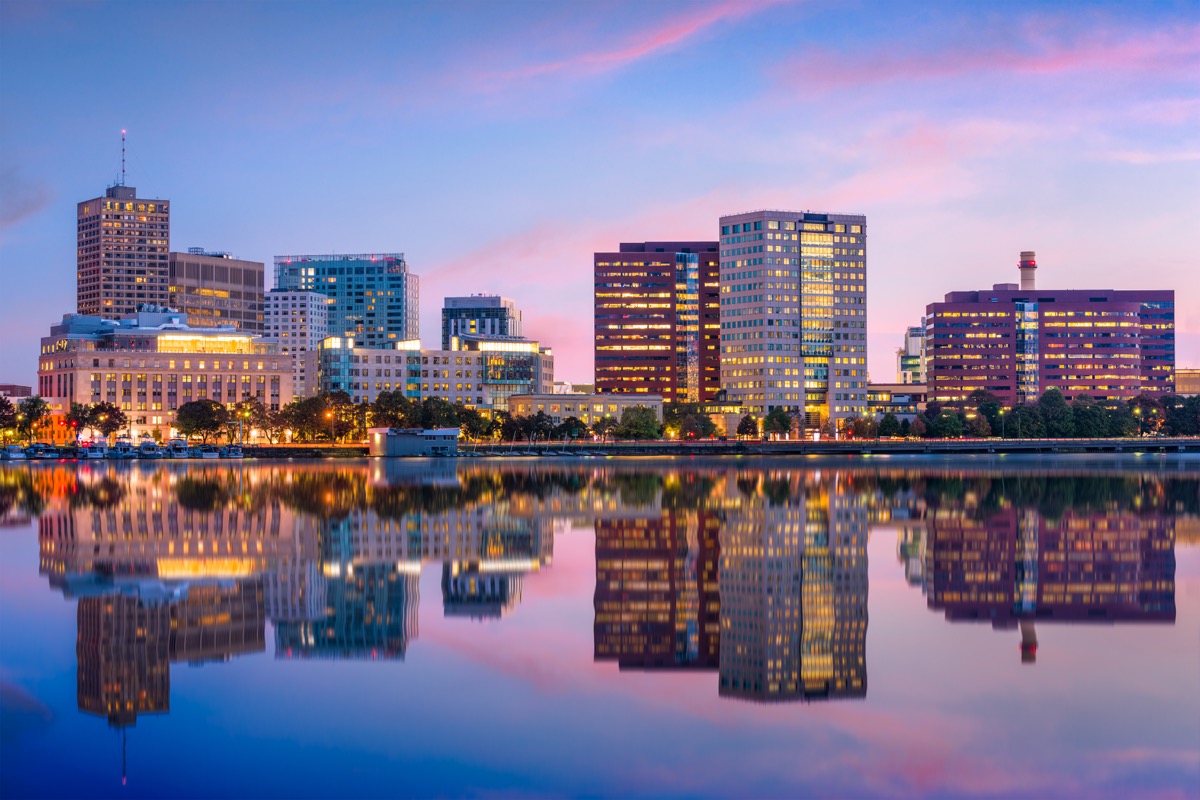
Municipal Equality Index Score: 100
Around 4.8 percent of the Cambridge population identifies as LGBTQIA+, according to a 2018 Gallop poll, which is higher than the national average of 4.5 percent. “The progressive city, often jumbled together with Boston, is home to a thriving gay- and lesbian-owned business scene in which many belong to the Greater Boston Business Council,” wrote The Advocate in 2016. “Attend a gay-friendly event at Porter Square Books or book a room at the gay-owned and super-stylish Clarendon Square Inn.”
Best: Cedar Rapids, Iowa
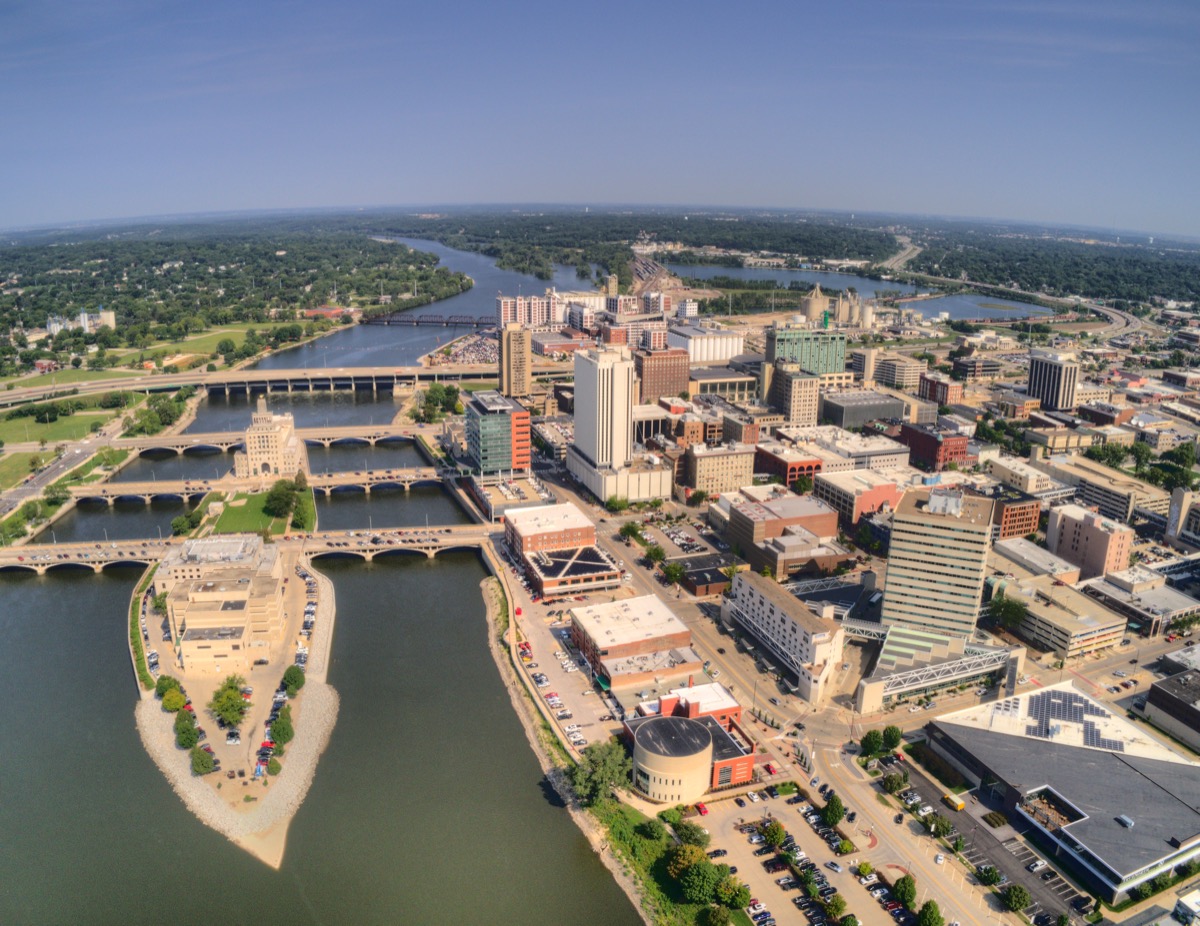
Municipal Equality Index Score: 100
A number of museums and cultural institutions have made Cedar Rapids, the second-largest city in the state of Iowa, a cultural hub. It’s also incredibly friendly toward its LGBTQIA+ citizens. The city has a variety of LGBTQIA+ centers, bars, nightclubs, and non-profits. On top of that, they established an LGBT Liaison in order “to be a resource for the public to elevate the concerns of the LGBT community and ensure they are being heard,” according to the local government.
And—spoiler alert—Cedar Rapids is not the only Iowa city to receive a perfect score from the HRC: Dubuque and Iowa City are also on this list.
Best: Iowa City, Iowa
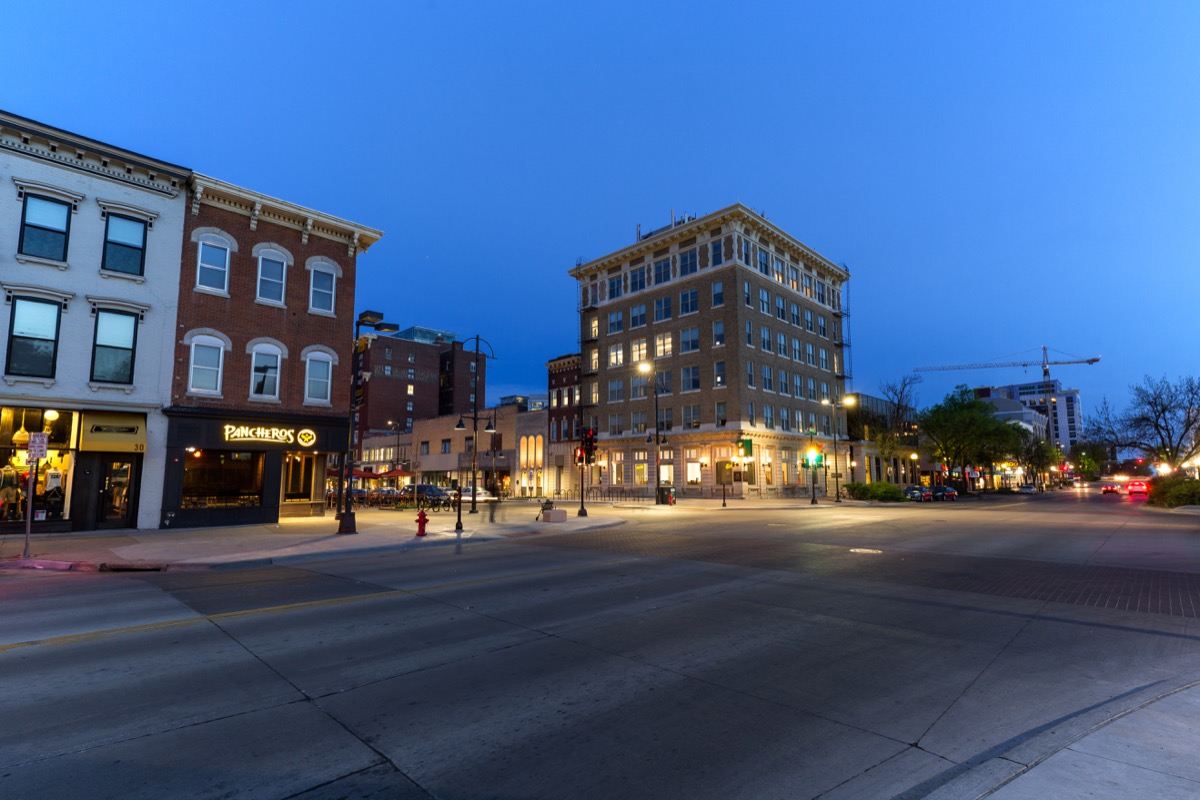
Municipal Equality Index Score: 100
Iowa City received a perfect score from the HRC for the fourth consecutive year. Stefanie Bowers, Iowa City’s equity director and human rights coordinator, told the Des Moines Register that the city is actively trying to support LGBTQIA+ people as effectively as possible. “We certainly appreciate the recognition for receiving a final score of 100,” she says. “We are always working on improving our services and having this annual review assists us in measuring how we are doing and how we could be doing better.”
Best: Long Beach, California
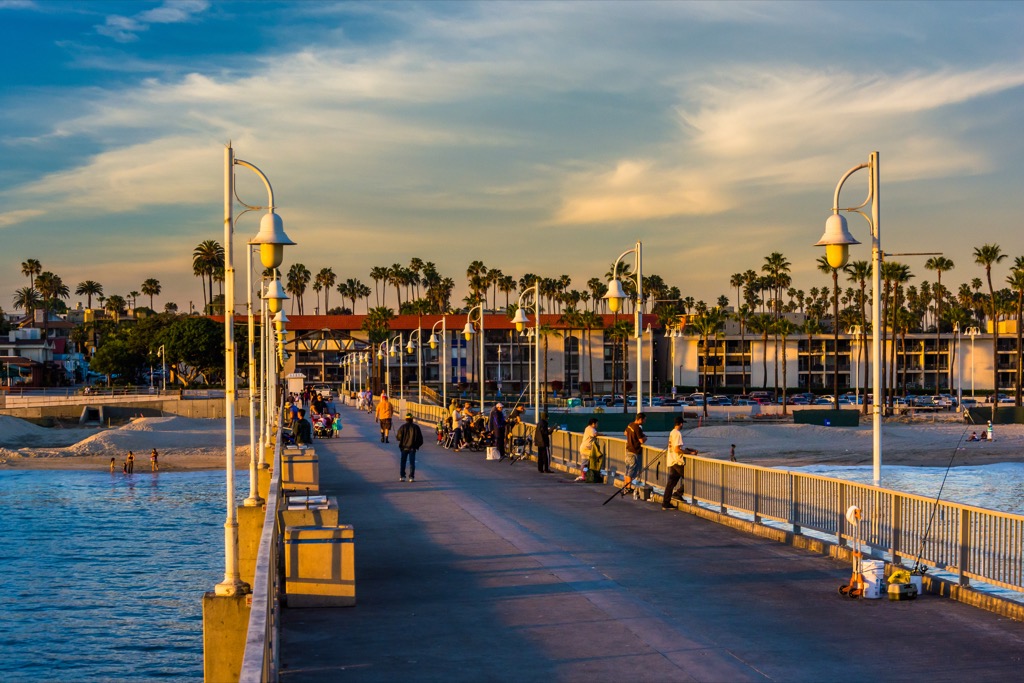
Municipal Equality Index Score: 100
This breezy beach town is home to an estimated 80,000 LGBTQIA+ residents, according to the Long Beach city website. The city has serval non-profit LGBTQIA+ organizations, including The Center Long Beach (which provides group therapy and youth programs for members of the LGBTQIA+ community) and St. Mary Medical Center’s C.A.R.E Program (which offers services for those affected by HIV/AIDS). Annually, there’s a Long Beach Pride festival, which has been going on since 1983. And Long Beach also has the benefit of being part of a state that has full gender identity and sexual orientation protections when it comes to the workplace and housing.
Best: Providence, Rhode Island
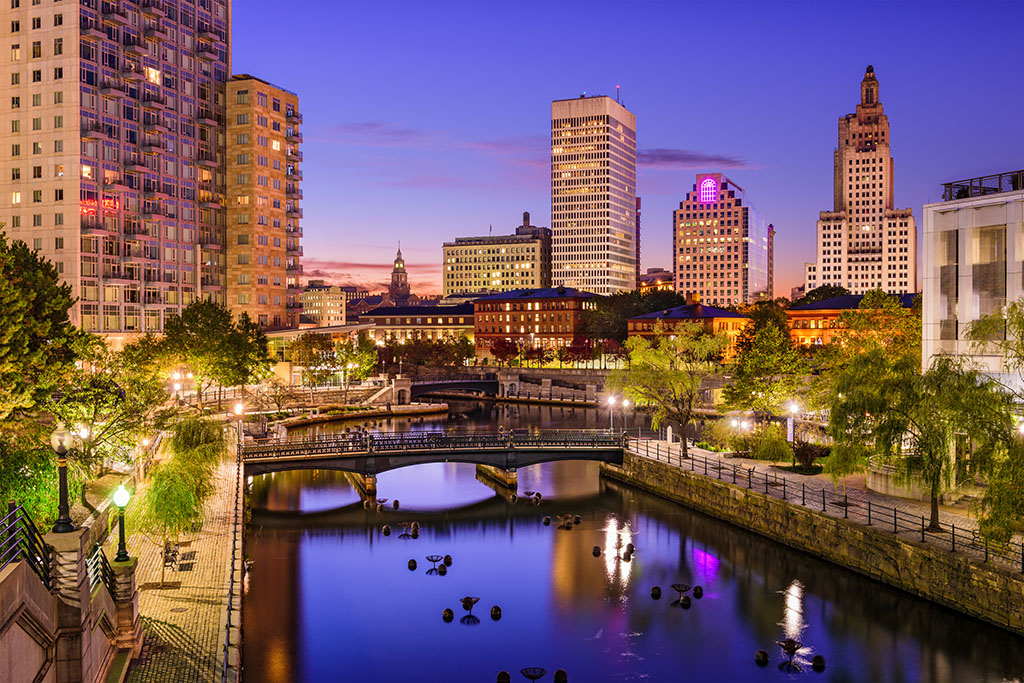
Municipal Equality Index Score: 100
Since 2001, the state of Rhode Island has had anti-discrimination laws in place to protect members of the LGBTQIA+ community. That progressiveness is visible on a city level, too. In 2016, the Cumberland School District, located in the northeasternmost town in Providence County, became the first in the state to pass an official policy protecting transgender students, according to FFAA.
Best: Salem, Massachusetts
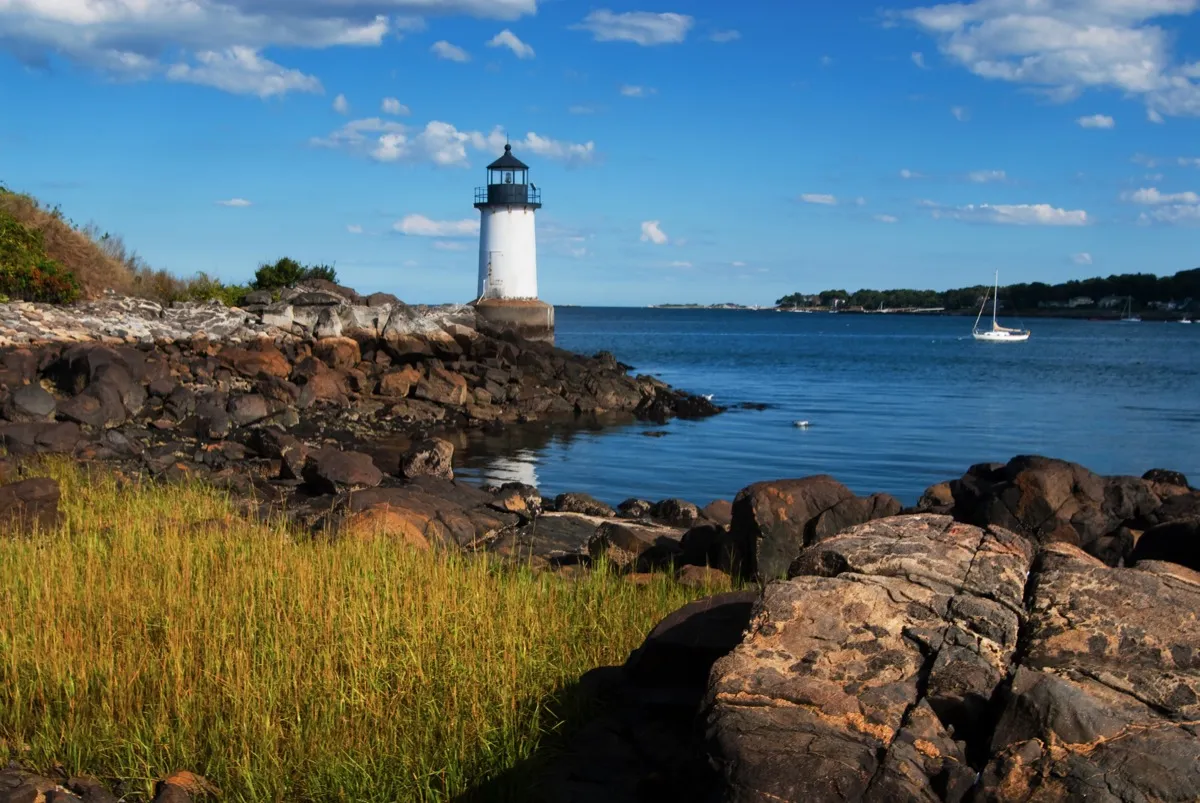
Municipal Equality Index Score: 100
Magic potions aren’t the only things brewing in Salem, Massachusetts. Since 2014, the small city of 44,000—best known for its witch trials—has maintained protections that outlaw discrimination based on sexual orientation and gender identity. Further, Salem has seen an influx of LGBTQIA+-owned businesses, including The Rainbow Times, New England’s largest LGBTQIA+ publication.
Best: San Diego, California
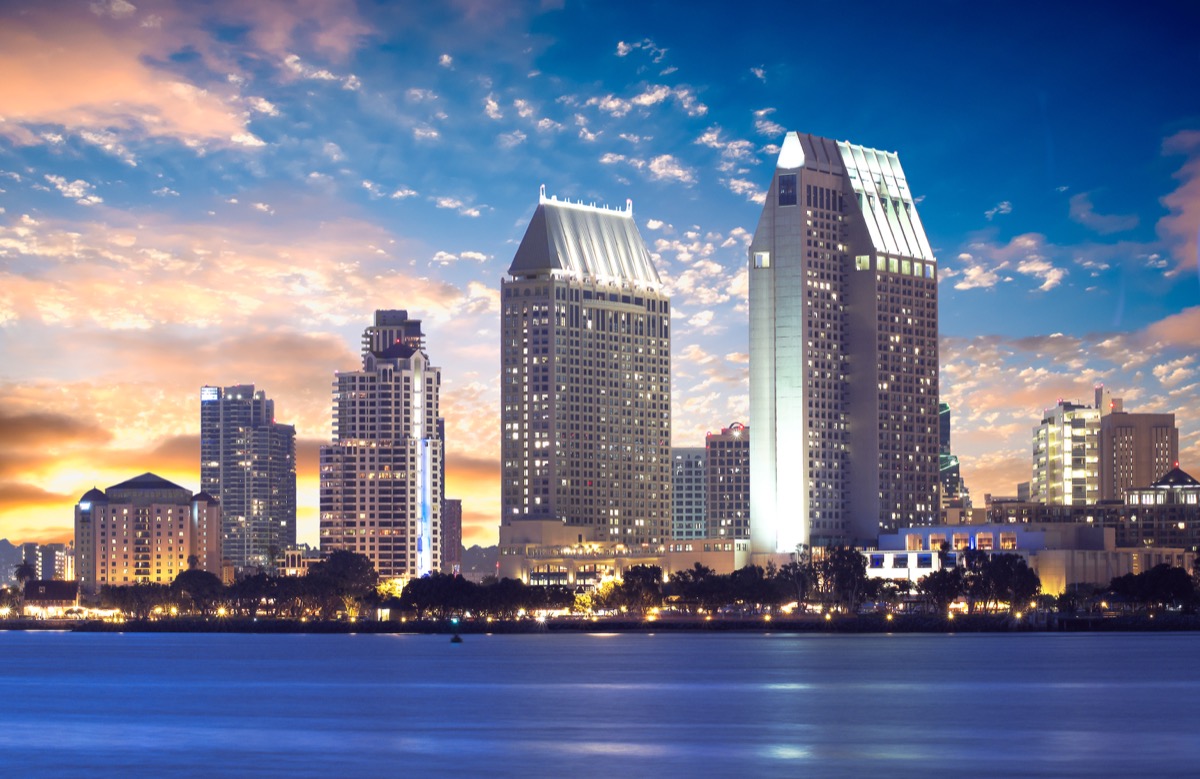
Municipal Equality Index Score: 100
Similar to Long Beach, San Diego enjoys the protections that come with being a part of a state that has full gender identity and sexual orientation protections. “If you believe in diversity, if you want and expect equality, you can find that in San Diego,” former San Diego councilman and acting mayor Todd Gloria told NBC San Diego in 2012. “San Diego has the welcome mat out for LGBT Americans, really for anyone who’s supportive. That brings people to our community. That helps us all.”
Best: San Francisco, California
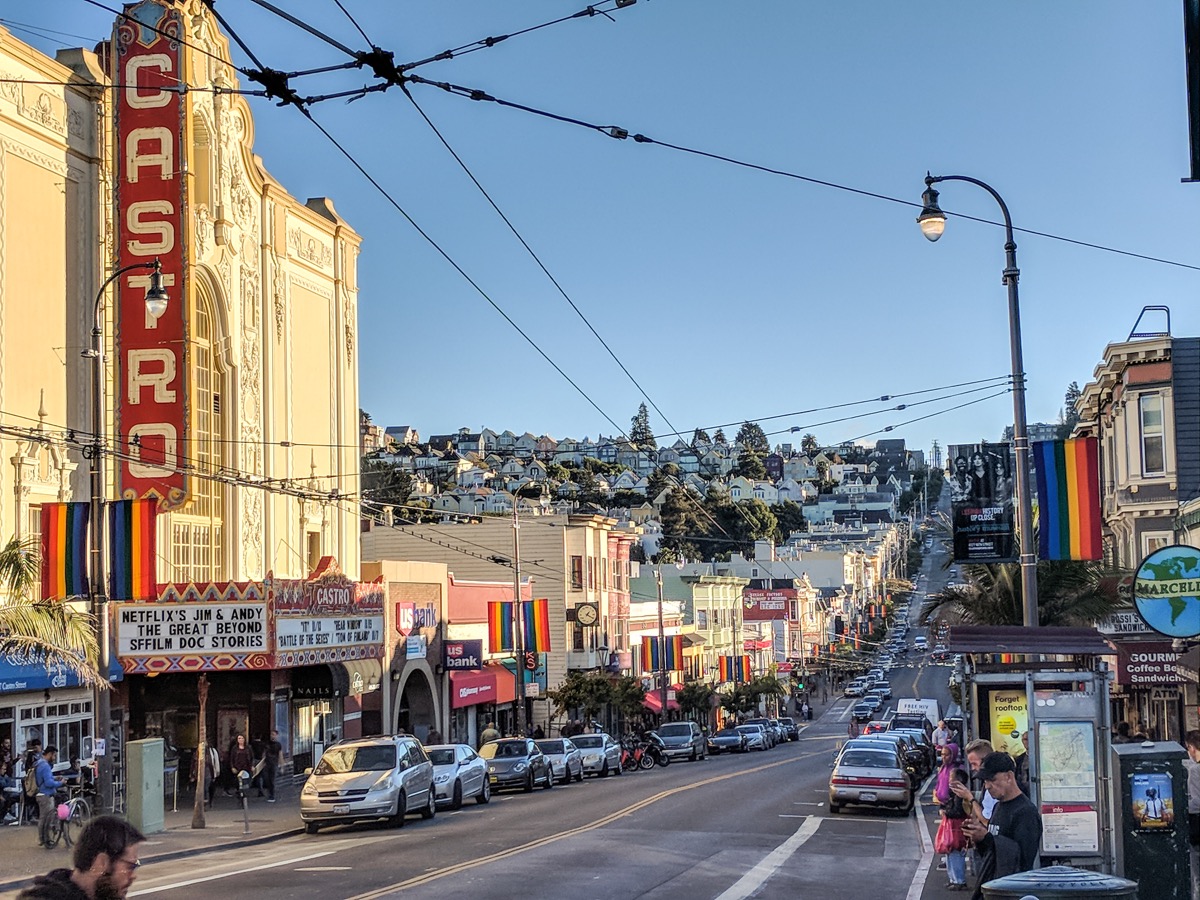
Municipal Equality Index Score: 100
Not only does San Francisco have the highest LGBTQIA+ population in the country (6.2 percent of its population, according to Gallop), but it also scored a perfect score in every category analyzed by the HRC. The city boasts a variety of LGBTQIA+ centers and leaders who promote the safety and well-being of LGBTQIA+ people.
Best: Tempe, Arizona
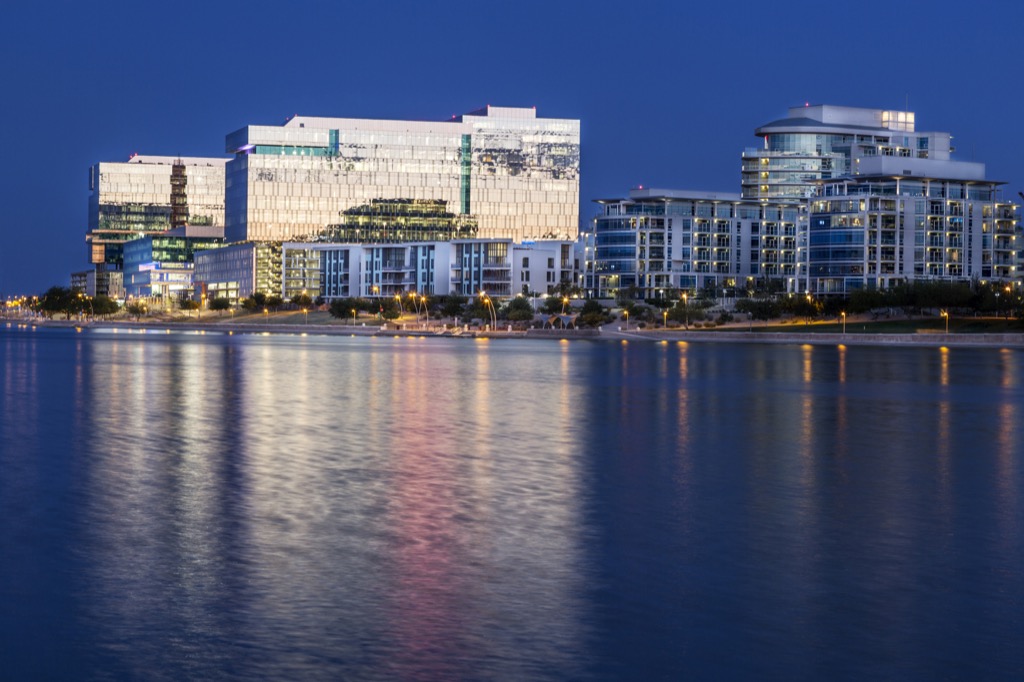
Municipal Equality Index Score: 100
Though larger Arizona cities like Phoenix and Tucson are also known for being LGBTQIA+ friendly, Tempeh was the only city in this state to earn a perfect score from the HRC. The city of around 185,000 people offers a plethora of year-round LGBTQIA+ events, from an annual AIDS Walk to queer-friendly art and culture festivals.
Aside from maintaining a city ordinance that bans discrimination on the basis of gender identity and sexual orientation, Tempe has augmented its city health plan to cover specific benefits for employees and their dependents who are transgender.
Worst: Cape Girardeau, Missouri
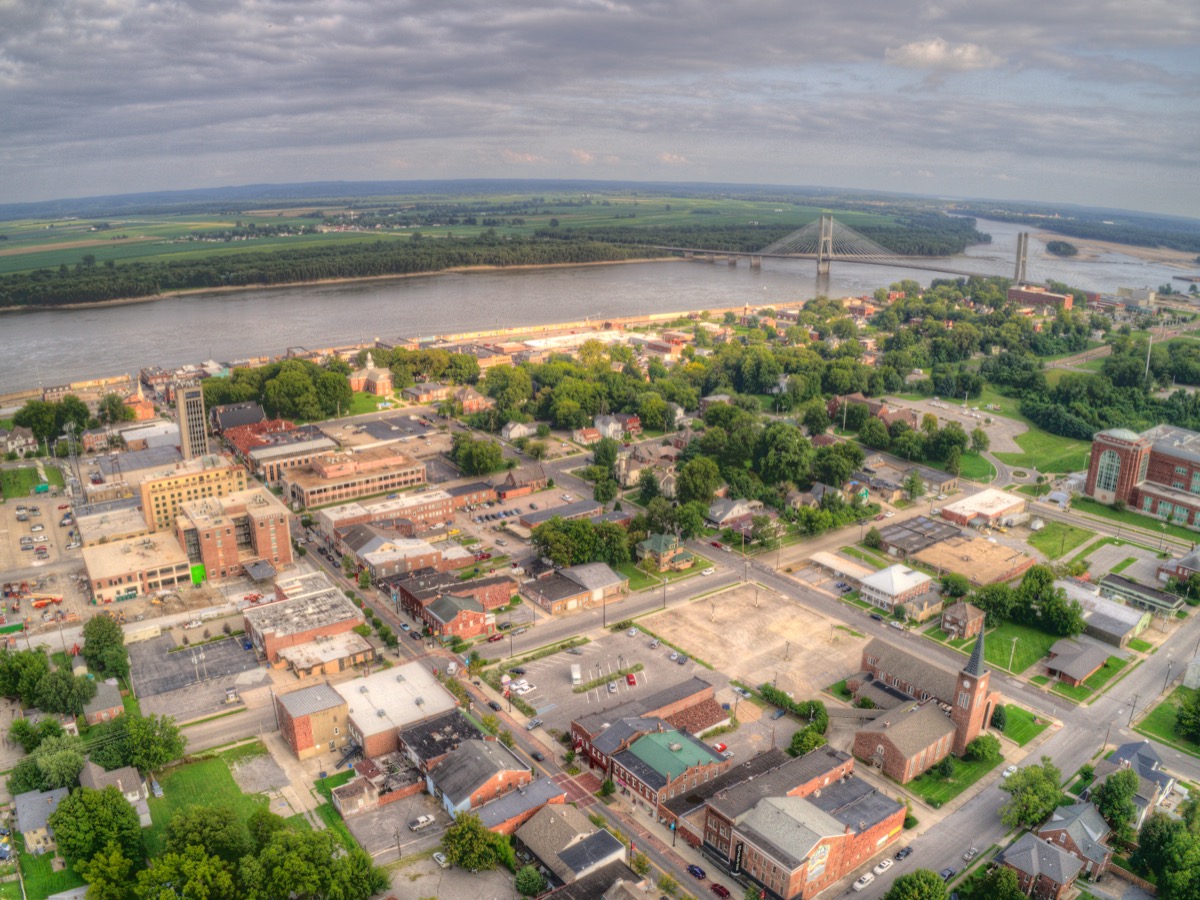
Municipal Equality Index Score: 0
While other cities in the state of Missouri have passed comprehensive anti-discrimination laws, Cape Girardeau remains stuck in the past. However, there have been some steps in the right direction. In 2019, the town held its first Pride festival on May 4th, according to local station KFVS12. “It means so much to me that there are so many people that support us being out in the open and support our decision to be happy no matter who we are with,” resident Bridgette Patterson said at the event.
Worst: Cary, North Carolina
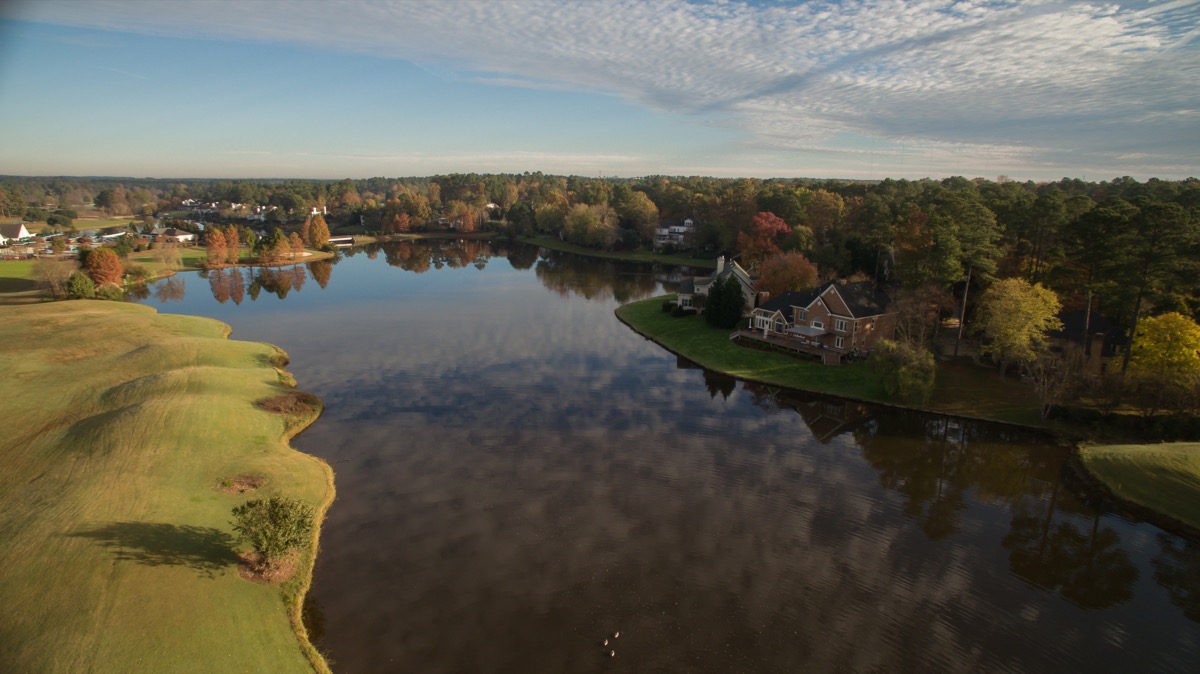
Municipal Equality Index Score: 0
Just outside of Raleigh is the town of Cary, North Carolina, which has no LGBTQIA+ resources or protections available for its LGBTQIA+ citizens. The state government doesn’t help, either. For example, in 2016, North Carolina passed House Bill 2, an anti-LGBTQIA+ piece of legislation that repealed local LGBTQIA+ non-discrimination ordinances (like one that had passed in Charlotte) and banned transgender people in the state from using bathrooms consistent with their gender identity, according to FFAA. Due to massive backlash and national outrage, House Bill 2 was repealed in 2017.
Worst: Clemson, South Carolina
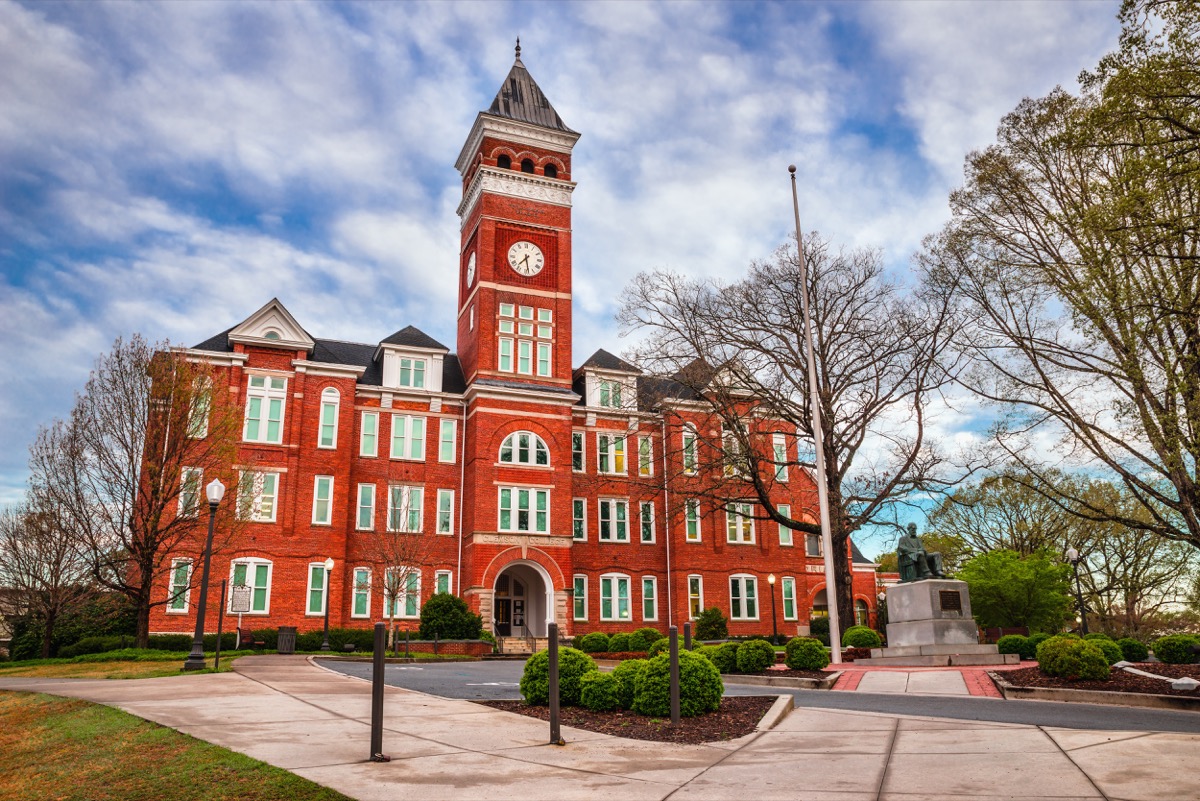
Municipal Equality Index Score: 0
While some larger cities in the state of South Carolina, such as Charleston, have passed anti-discrimination ordinances that protect their LGBTQIA+ populations, the same can’t be said for Clemson, which is home to Clemson University.
Over the past few years, LGBTQIA+ students at the university have voiced their concerns about safety, citing an incident in 2011 in which a gay student was brutally beaten off-campus, according to Independent Mail. Since then, the university has been slow to evolve and only recently adopted an LGBTQ Commission.
Worst: Great Falls, Montana
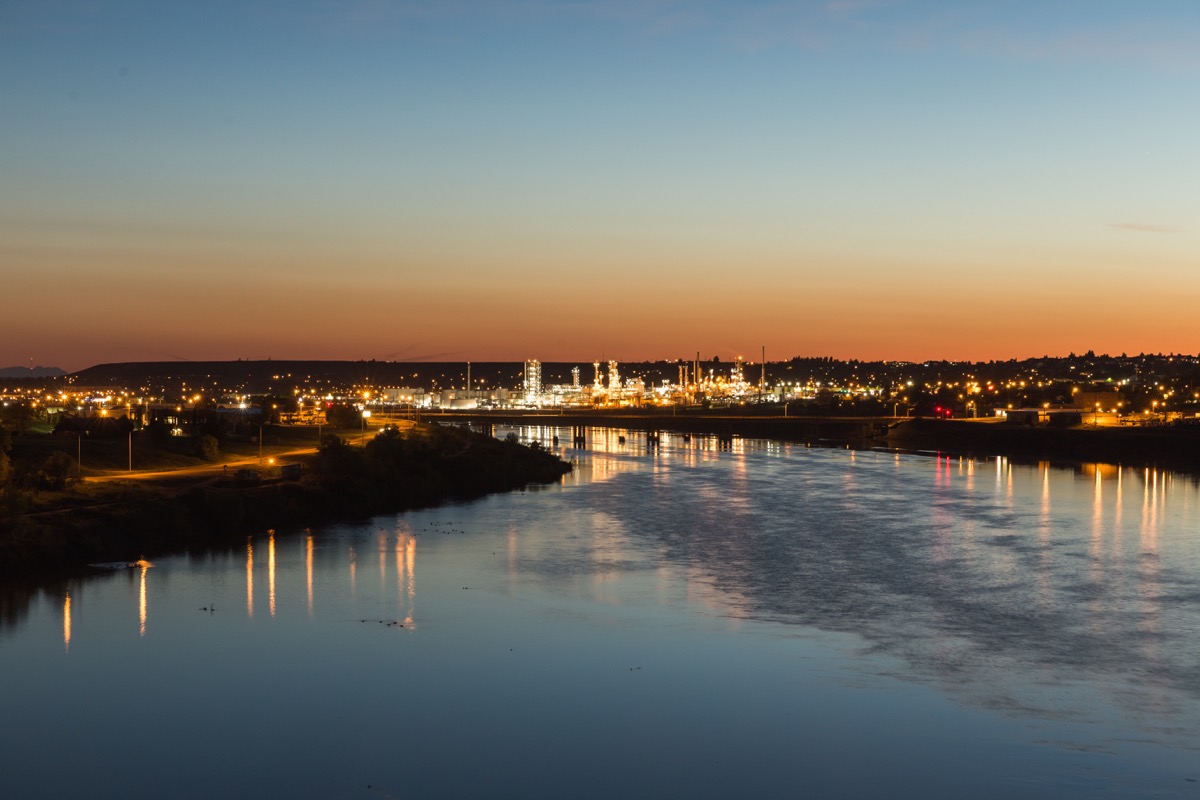
Municipal Equality Index Score: 0
Montana has yet to pass any statewide anti-discrimination laws to protect the LGBTQIA+ community, according to FFAA. And since Great Falls has none of its own, there wasn’t much hope for its HRC score. The city’s first LGBTQIA+ center opened in 2015, according to the Great Falls Tribune. “We want this to be a community-driven space,” said volunteer Jules Shindel. “Let’s figure out what Great Falls needs and wants.”
Worst: Ketchikan, Alaska
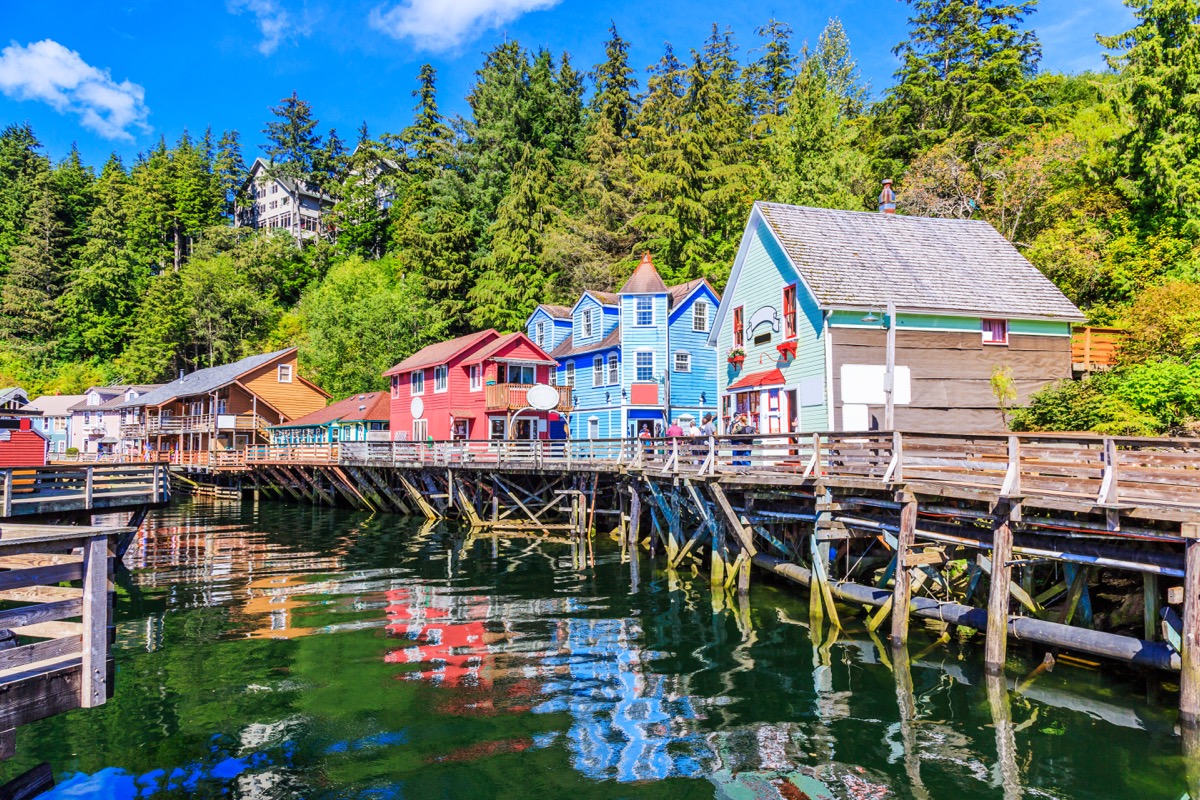
Municipal Equality Index Score: 0
Similar to Montana, Alaska has no statewide anti-discrimination laws, according to FFAA. In fact, in 2018, an anti-transgender law was proposed (although not passed) in Anchorage that would have banned trans people from using the bathroom that reflected their gender identity. In rural Alaskan communities like Ketchikan, the LGBTQIA+ community is rarely given a voice—something that’s evident in the city’s lack of LGBTQIA+ resources.
Worst: Lake Charles, Louisiana
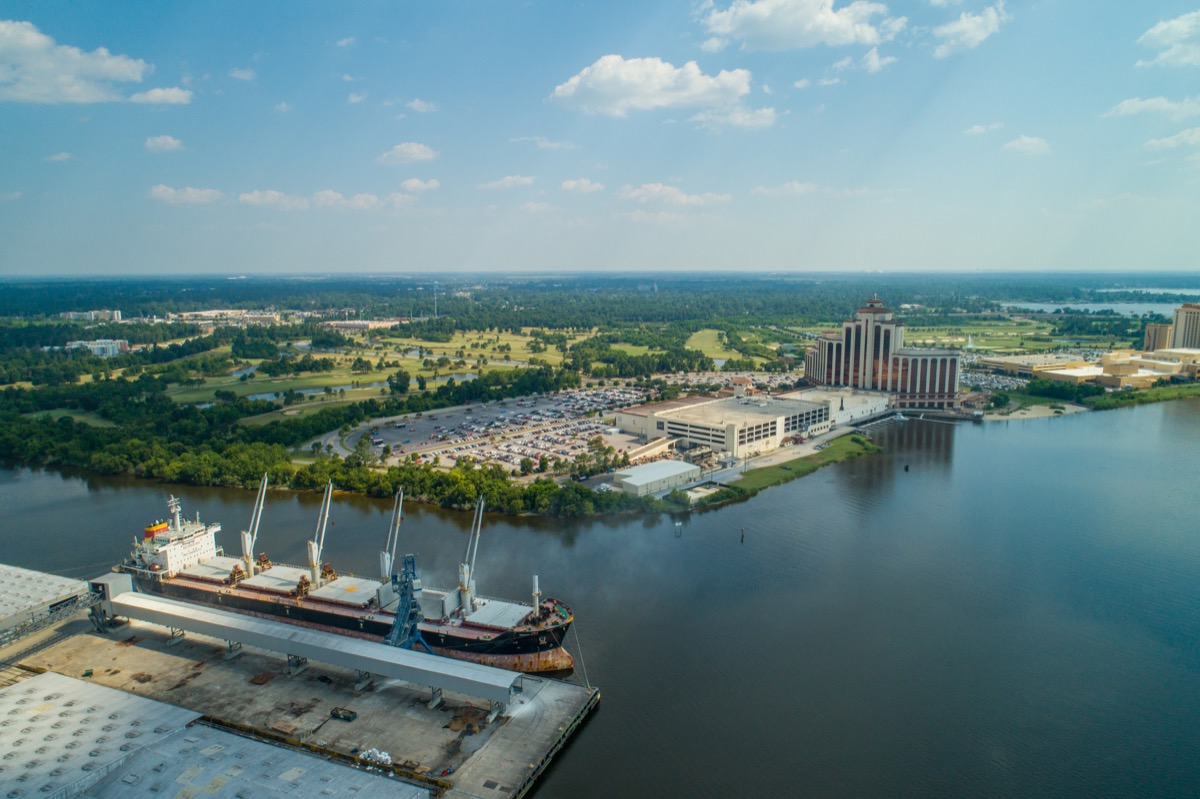
Municipal Equality Index Score: 0
Lake Charles does not have any specific protections or resources in place for its LGBTQIA+ residents. Justin Dewitt, a resident who grew up in the area, says there has been some minimal progress. “Things have turned around a lot in Louisiana,” he told KPLC News. “Less hatred, less anti-LGBTQ, a lot more acceptance within the state.”
Worst: Laredo, Texas
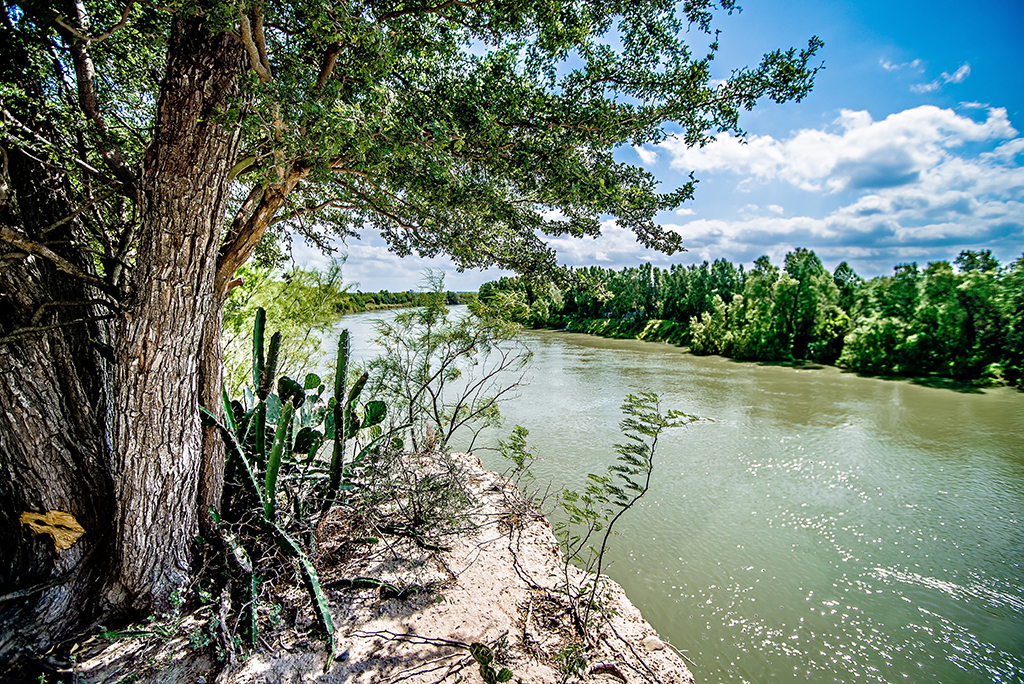
Municipal Equality Index Score: 0
At the end of 2018, a Laredo city ordinance seeking to prohibit discrimination based on sexual orientation and gender identity was unanimously tabled—meaning it was essentially put on the back burner. The city has no LGBT leadership, outreach centers, or advocacy, according to the Human Rights Campaign. It also fails to report its hate crimes to the FBI.
“There’s a support group for everything but LGBT here in Laredo,” resident Natalie Scott told the Laredo Morning Times. “I think a lot of people don’t come out because there’s no one there for them.”
Worst: Monroe, Louisiana
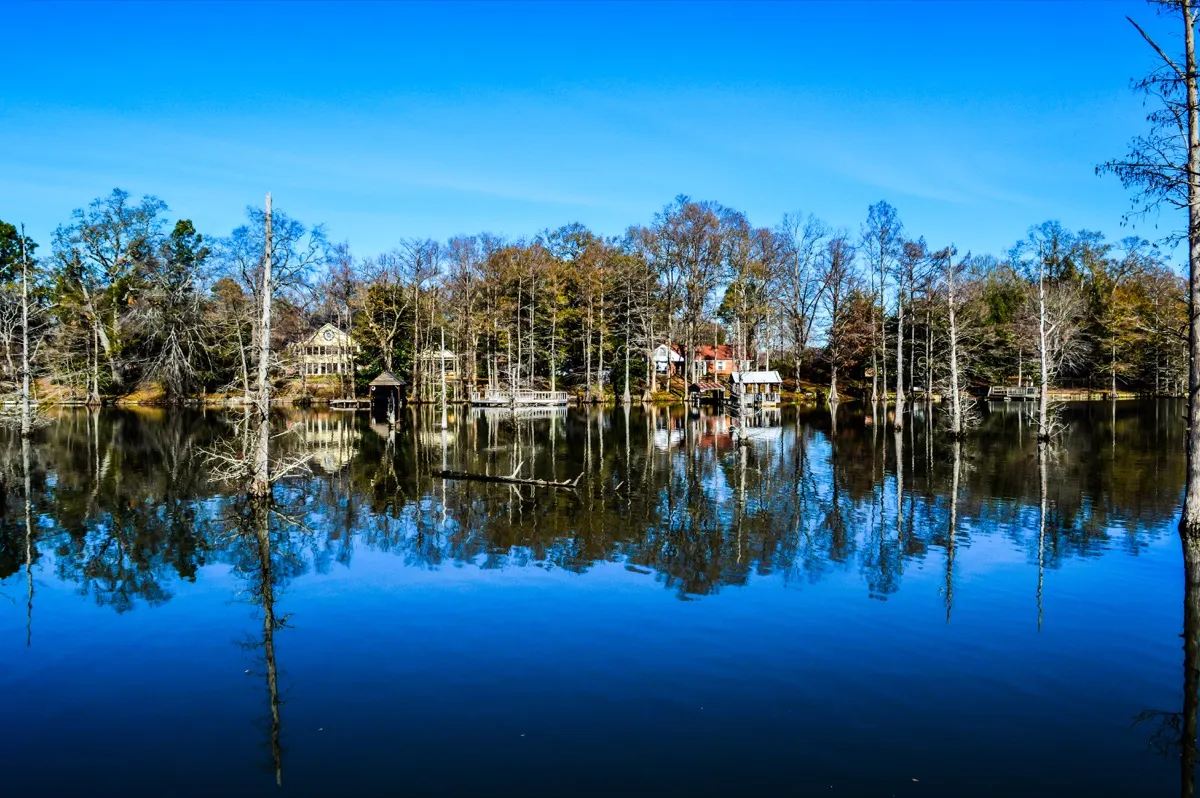
Municipal Equality Index Score: 0
In 2017, a transgender woman was brutally murdered in the small town of Monroe, Louisiana, according to Mic. Even worse, she was misgendered in reports about the crime. Two years later, the city has no non-discrimination laws and no services or programs for LGBTQIA+ people, according to the HRC index.
Worst: Moore, Oklahoma
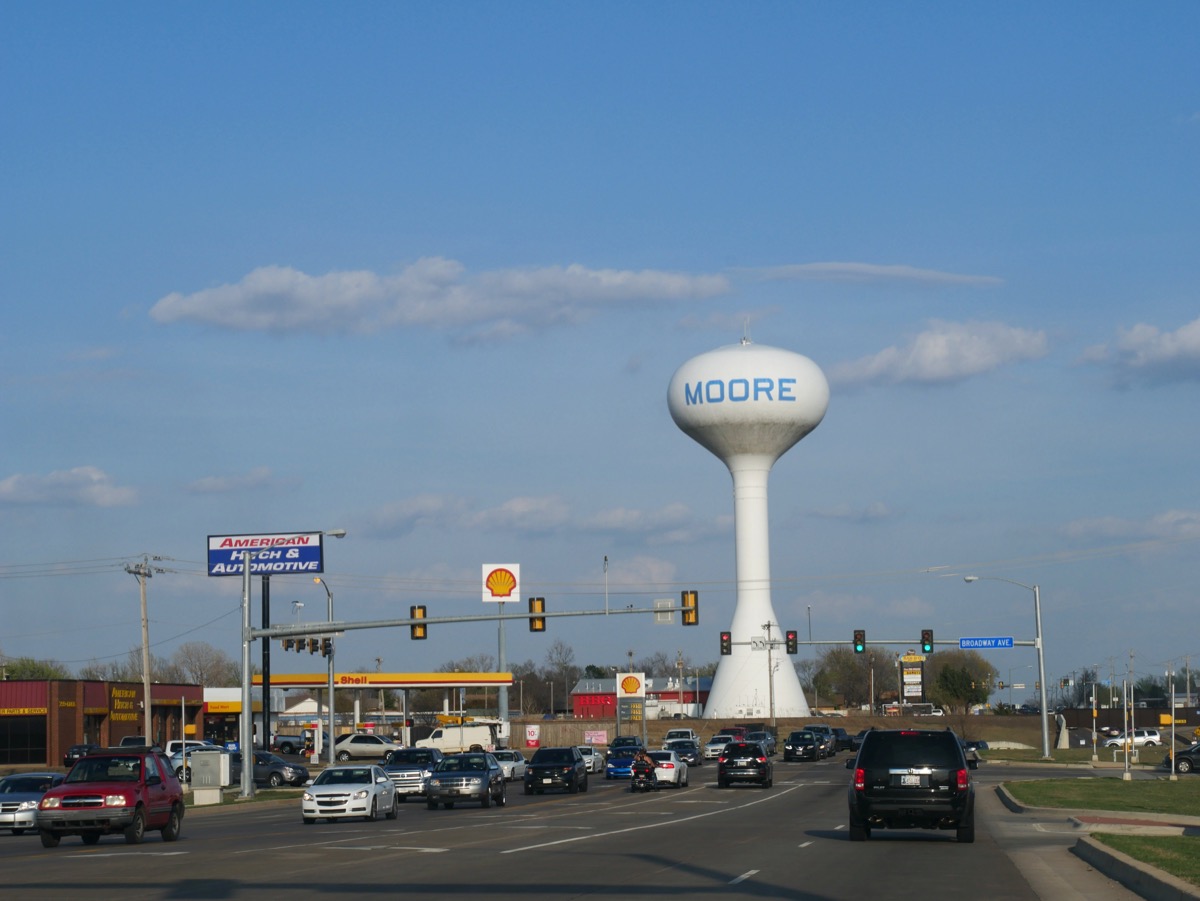
Municipal Equality Index Score: 0
Similar to Louisiana, the state of Oklahoma offers no protections to its LGBTQIA+ citizens. In 2016, 27 anti-LGBTQIA+ bills were introduced in the Oklahoma Senate—one of them was Senate Bill 1619, which would have legalized discrimination against transgender children in the state’s public schools. None of those bills passed.
However, in 2018, a discriminatory adoption bill that allows “private and publicly-funded adoption agencies to refuse to place a child with an LGBTQ person by claiming a religious or moral exception” did make it through, according to FFAA.
Worst: North Druid Hills, Georgia
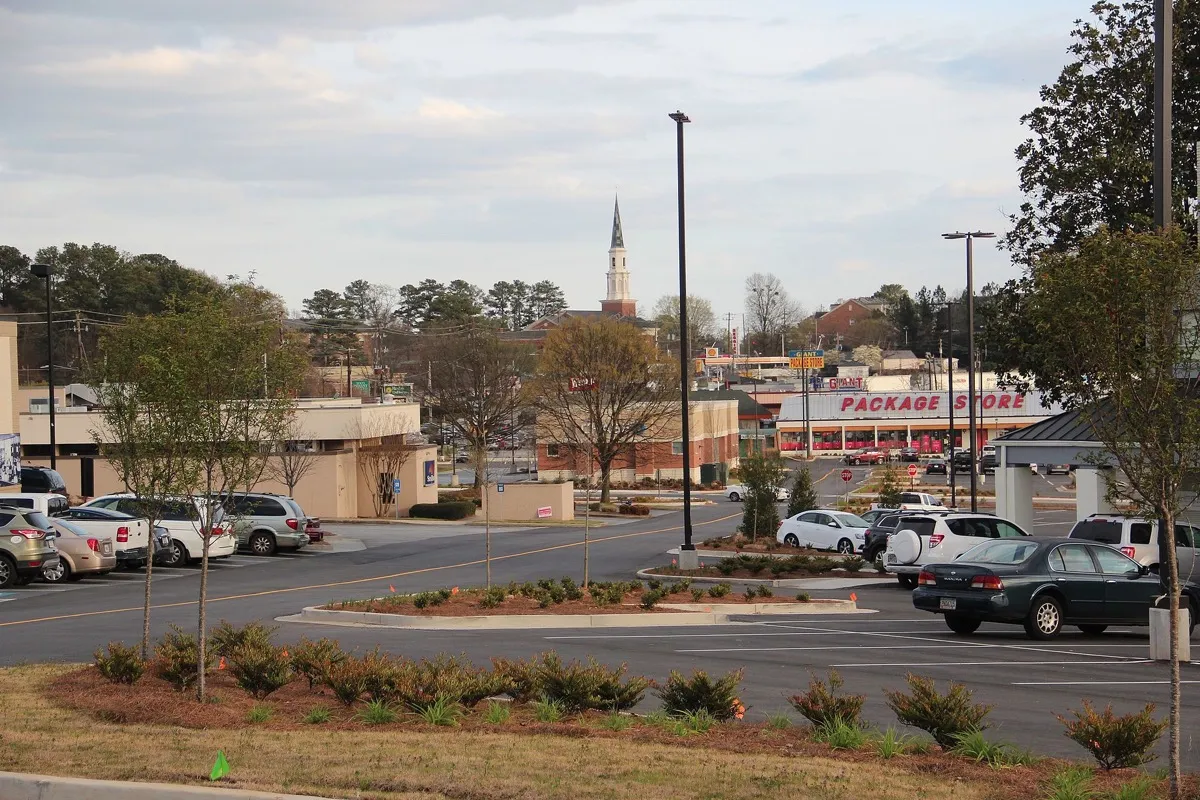
Municipal Equality Index Score: 0
Despite the fact that North Druid Hills is a suburb of the LGBTQIA+-friendly city of Atlanta, this Georgia municipality still has a long way to go. The most troubling aspect of North Druid Hill’s HRC score is that it’s gotten progressively worse in the past few years as government leaders who once advocated for LGBTQIA+ rights have fallen silent.
Worst: Pierre, South Dakota
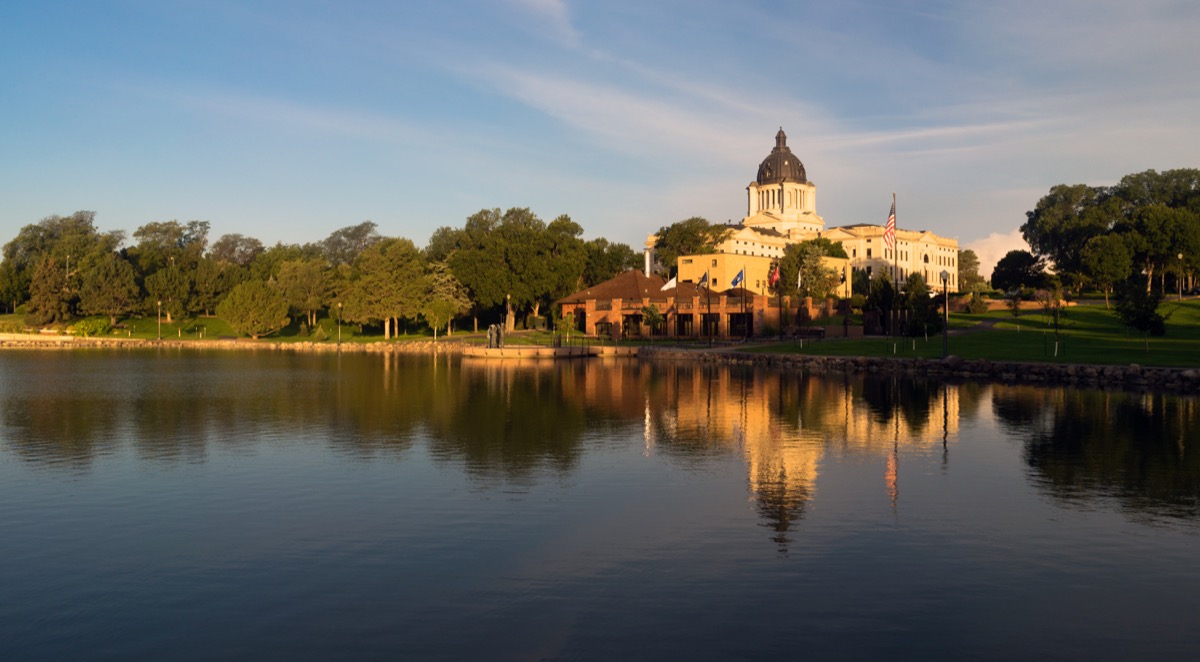
Municipal Equality Index Score: 0
At the beginning of 2019, the state of South Dakota passed the “Don’t Say Trans” bill—a state law that banned K-7 teachers from educating their students about being transgender and what that experience entails, according to the Washington Blade.
Unsurprisingly, an anti-LGBTQIA+ sentiment has pervaded nearly every city in the state—especially in its capital city of Pierre. Though LGBTQIA+ organizations like Pierre Pride do exist, the HRC couldn’t even give the city partial credit for services and programs.
Worst: Rock Springs, Wyoming
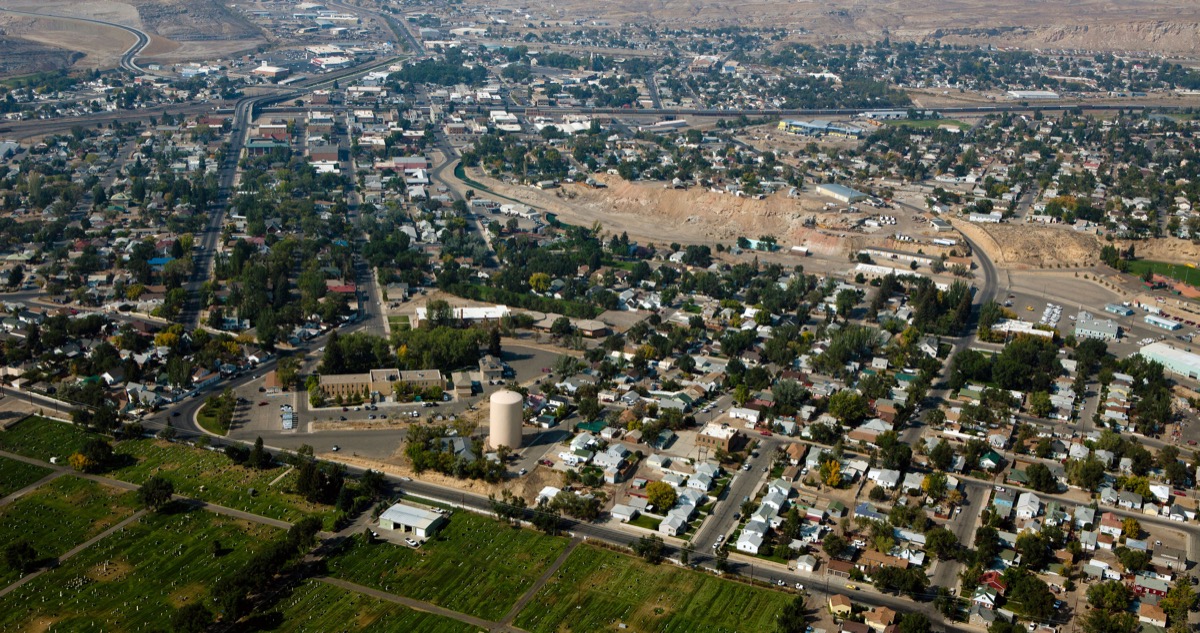
Municipal Equality Index Score: 0
This small Wyoming town, which has a population of around 23,000 people, received no points or bonus points from the HRC.
Rock Springs is only a few hours from Laramie, which was the site of the gruesome murder of Matthew Shepard, an openly gay freshman at the University of Wyoming who was brutally beaten and left to die after being targeted for his sexual orientation in 1999.
Worst: Southaven, Mississippi

Municipal Equality Index Score: 0
In a state that has lobbied so hard against LGBTQIA+ rights, it’s no surprise that a small city like Southhaven offers no resources or legislation to protect its queer population. Jackson, Mississippi, which scored 65 on the index, was the only Mississippi municipality to score above a 35.
Worst: Stillwater, Oklahoma
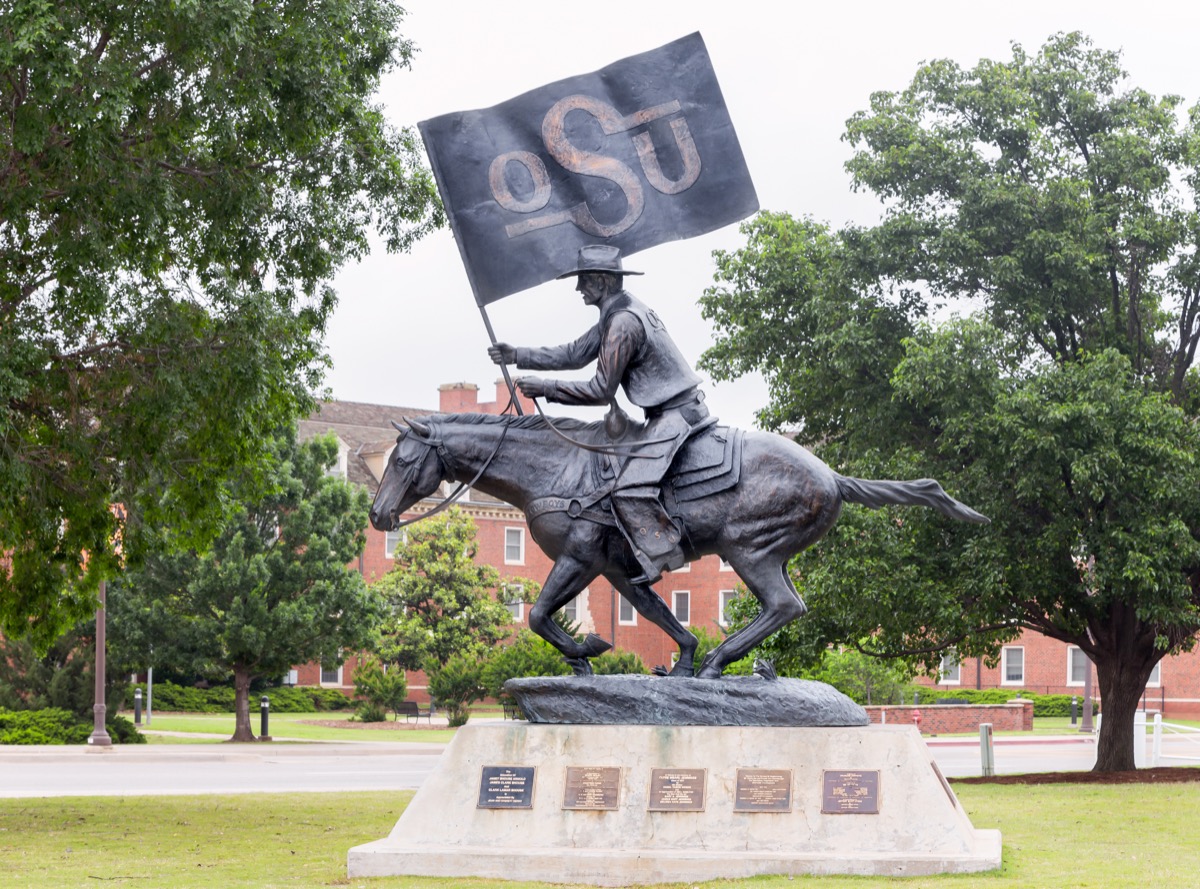
Municipal Equality Index Score: 0
Just like in the Oklahoma city of Moore, Stillwater, the home of Oklahoma State University, has little to no resources to offer its LGBTQIA+ population. The Oklahoma city of Tulsa ranked highest in the state on the HRC index, scoring a 65. And for more city lists, check out The Fastest Growing Cities in America.
To discover more amazing secrets about living your best life, click here to follow us on Instagram!